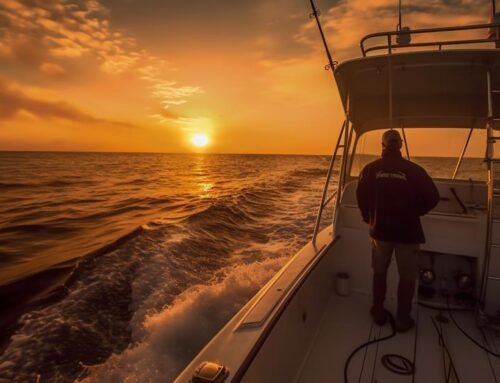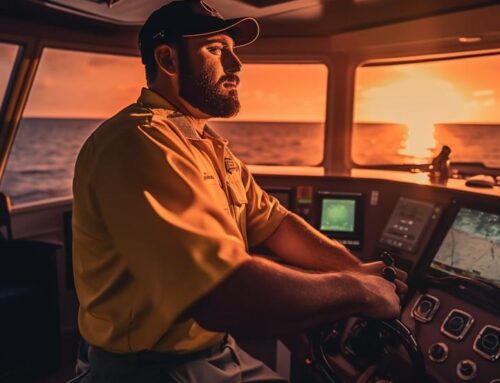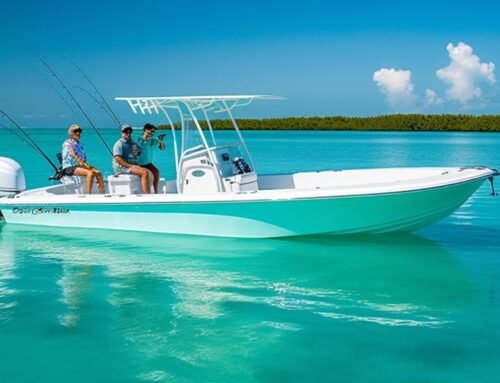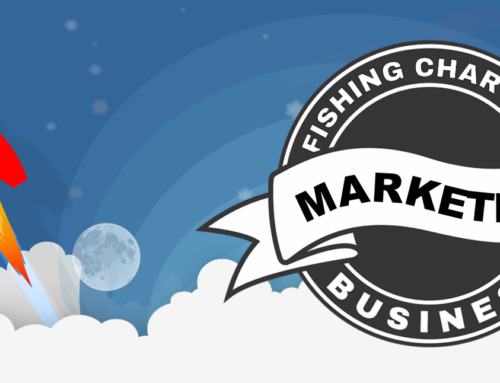My name is Capt. Rick Bennett, Ret. After 25 years as a banker, where I ended up my career in Wilmington, NC, I decided to pursue my lifelong passion: FISHING! I had a 17’ skiff and I thought I had the fishing knowledge to make it work. I quickly found that catching fish was just part of the “business”. As my new career progressed, the first thing I learned was that I was in the entertainment business and that fishing/catching was a sideline; important yes but a sideline none the less. More about that later.
Over the next twenty-two years I have gone through six boats; thousands of charters; different advertising methods; and a close relationship with a highly qualified CPA firm. The net result was a successful business and very significant personal satisfaction.
The first thing on the list should be obtaining a captain’s license from the United States Coast Guard (U.S.C.G.). It may have changed from when I took the course twenty-three years ago, but it was an intense two week course with a four part test at the end. Mostly it is not hard but as I said it is intense. This website is a good place to start finding what is required and how to get it done.
After obtaining your license, you’ll want to get insurance for your boat and for you. Whether you act as a sole proprietor or a corporation, you SHOULD have liability insurance. With people you do not know (clients) and with the ocean waters anything can happen. This a particularly good instance where insurance is very much worth the relatively minor expense. Google “liability insurance for charter captains” and you will find what you need to know along with several marine industry insurance companies.
Hopefully, you have some friends in the business. If you do, use their experience as a bench mark. I started as an inshore charter. I was the fourth in the area to “specialize” as inshore. As the “kid” on the block, I was in an uphill battle right from the start. I used my business experience (from banking) and my eagerness to succeed to carve my piece of the pie we call the potential customers. With so many new captains and more coming each year, today the slices of the pie are very small. You need to have a sharp business plan and a good rapport with people. If you do not have friends in the business, make some. Networking among other captains will help you in many ways. Sometimes when you are booked, you can refer a charter to a fellow captain. This favorable treatment will be returned. Additionally, word will get around positively. In short, while captains are a diverse and competitive group, they do tend to help out fellow captains.
This is the first segment of several articles aimed at starting and maintaining a charter business for those interested in pursuing an inshore, near shore or offshore captain license. Check back often for the latest segment in the series.
Co-Author Capt. Rick Bennett, Ret.
www.rod-man.com








